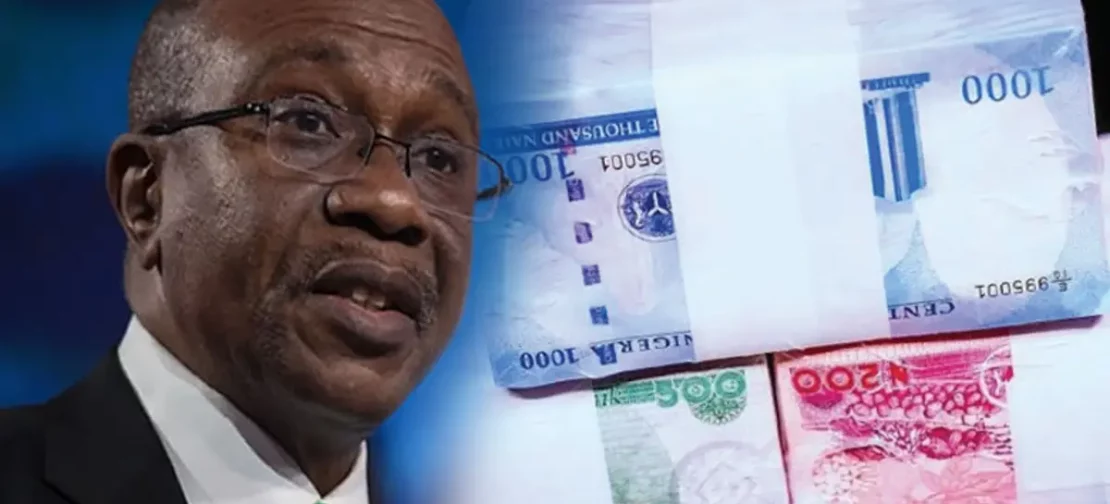
Money politics in Nigeria has had significant impacts on the country’s democracy, economy, and social life. This post provides solutions to addressing these problems. Nigeria, a country located in West Africa, has been known for its political instability and corruption. Money politics, the use of money to influence political decisions and elections, has been one of the major contributors to the country’s political problems.
Money politics undermines the legitimacy of democratic institutions and contributes to a decline in public trust. When politicians are elected through the use of money, the public is less likely to have confidence in their ability to represent their interests. This can lead to voter apathy and disillusionment with the political process, which undermines democracy itself.
Money politics in Nigeria has led to an increase in corruption. Politicians who have spent large sums of money to get elected are often in debt and therefore require access to public funds to recoup their investments. This creates an environment where corruption is normalized, while transparency and accountability are weak.
One of the most significant impacts of money politics in Nigeria elections is that it has undermined the country’s democratic process. Money has become the primary determinant of who gets elected, rather than the merit or the quality of the candidate.
Candidates who have the financial means to buy votes, bribe electoral officials, and engage in other forms of electoral malpractices often win elections in Nigeria. This issue has led to a situation where the most qualified and competent candidates are often unable to get elected into public office, leading to a leadership crisis in the country.
Money politics has had a significant impact on the country’s economy. Elections in Nigeria are often associated with massive spending by wealthy candidates and political parties. This political spending is usually done in the form of donations to supporters, buying of votes, and financing of political campaigns.
The result of this is that resources that could have been used for developmental projects are diverted towards financing elections, leading to a significant drain on the Nigeria’s economy.
Money politics in Nigerian elections has led to an increase in corruption and the erosion of ethical values in the country. Candidates who engage in money politics often feel that they have to recoup their investments by engaging in corrupt practices once they get into office.
This situation has led to an increase in corrupt practices such as embezzlement of public funds, kickbacks, bribery, inflation of government contracts and other forms of financial malpractices.
Money politics in Nigeria has had a significant impact on the country’s social life. Elections in Nigeria often lead to violence, political thuggery, and other forms of social unrest. This situation is often due to the desperation of political candidates and their supporters to win elections by all means; and the willingness of some people to engage in election violence in order to protect their political interests.
The result of this is that innocent people often become victims of political violence, leading to loss of lives and property.
The impacts of money politics in Nigerian elections have not only affected the country’s economy and social life but have also led to a decline in the quality of leadership in the country. Many leaders who get into office through money politics often lack the necessary skills, knowledge, capacity and experience to govern effectively.
This money bags politics has led to a situation where the country is often plagued by poor governance, corruption, and underdevelopment across different sectors.
To address the problem of money politics in Nigerian elections, there is a need for a multifaceted approach. One of the most critical steps that the government can take is to strengthen the electoral system in the country.
This can be achieved by ensuring that the Independent National Electoral Commission (INEC) is independent indeed, adequately funded, and staffed with competent nonpartisan personnel who can ensure free, fair and credible elections.
Additionally, there is a need for the government to provide adequate support to political parties, especially the opposition parties. This can be done by providing funding for political parties and creating an enabling environment that allows for the participation of all political parties in the electoral process.
This step can help to reduce the dependence of political parties on individuals and groups who use money to influence political decisions and electoral process.
Another critical step that can be taken to address the problem of money politics is to increase the level of public awareness and sensitization on the dangers of money politics. This can be done through the media, civil society organizations, and other stakeholders in the country.
The aim of civic education and voter education step is to create a society where people value integrity, transparency, and accountability in the electoral process.
Money politics has become a major problem in Nigeria, and its negative impacts are being felt throughout the country. This practice refers to the use of money to influence political decisions and gain an unfair advantage in elections, which undermines the democratic process. The effects of money politics in Nigeria are far-reaching, including a decline in public trust in government institutions, the distortion of policy priorities, and an increase in corruption.
Politicians who spend large sums of money to get elected are often focused on recouping their investment rather than implementing policies that benefit the people. As a result, important issues such as healthcare, education, and infrastructure are often neglected, while corrupt practices are normalized. This leads to a vicious cycle of poverty and underdevelopment, which further perpetuates the need for money politics.
Addressing these problems will require concerted efforts from the government, civil society groups, and the Nigerian media to promote transparency and accountability in elections. Only then can Nigeria move towards a more democratic and equitable society.